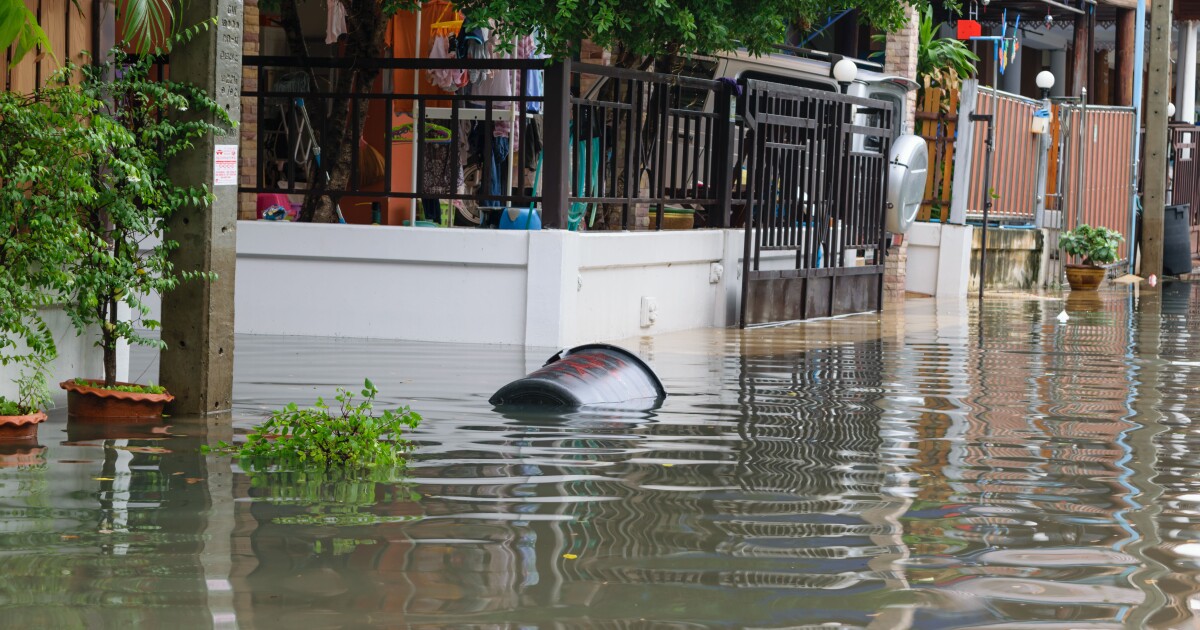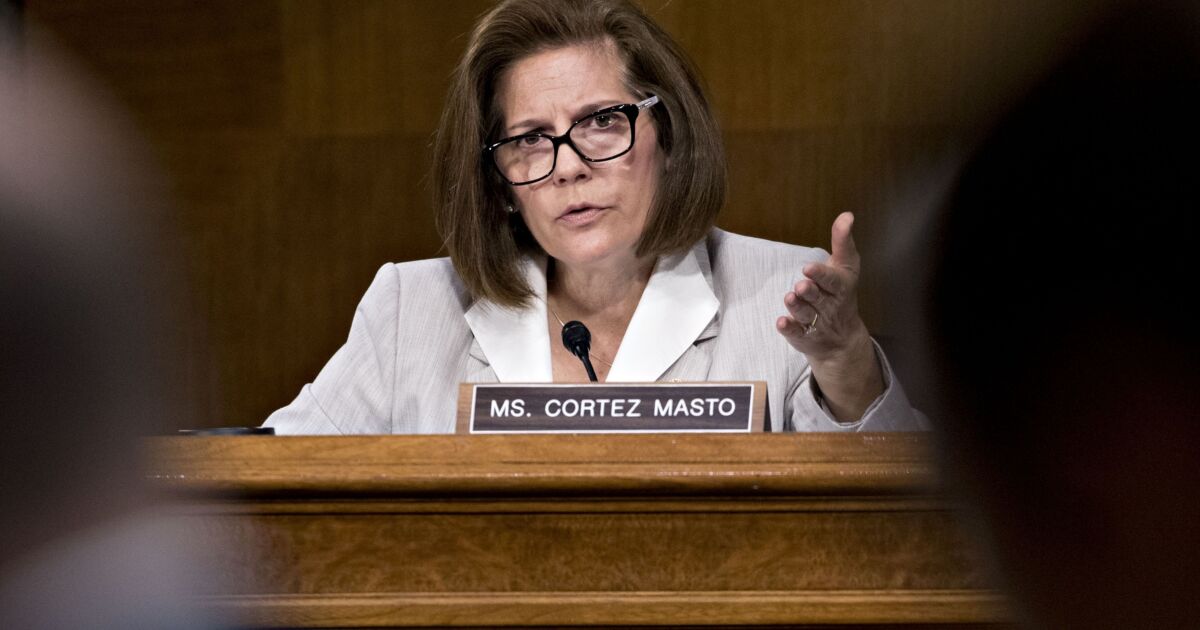The regulator and conservator for Fannie Mae and Freddie Mac has agreed to beef up
The actions the Federal Housing Finance Agency agreed to come as a result of an inspector general audit, which found the FHFA’s flood insurance oversight for the influential government-related mortgage investors was effective but not applied regularly enough and lacked some formal procedures.
The government watchdog’s report could bring more constant scrutiny to the many depository and nonbank lenders and servicers that work with the enterprises because private mortgage firms ultimately are responsible for flood insurance compliance,
“Examination procedures were inconsistent for assessing enterprises’ oversight of seller/servicers’ compliance with flood insurance requirements,” the Office of Inspector General said in a report on the FHFA’s Department of Enterprise Regulation released Thursday.
The report lays out three ways to rectify the concern, all of which are aimed at ensuring that there’s coverage for single-family loan collateral in special flood hazard areas. The FHFA agreed to all three in its response to the audit.
The most immediate step the FHFA has agreed to take by Nov. 22 is to provide “refresher training” on existing guidance involving loan sampling in examinations, but there are more significant long-term steps.
The watchdog’s report calls for the FHFA to institute “targeted examination procedures to assess the enterprises’ oversight of seller-servicers’ flood compliance by June 30, 2025” in order to address findings that there was a lack of specific guidance in the agency’s manual for this.
The IG redacted some of the other findings from its audit like specific directives it found the Federal Housing Finance Agency gave to Fannie and Freddie regarding flood insurance compliance.
One distinction in the FHFA’s oversight of the two that the report does divulge is that the agency specifically “did not document sampling methodology for the selection of loan files tested and the analyses to support flood insurance at Freddie Mac” during the period that enterprise was audited.
To rectify this, the enterprises’ regulator and conservator agreed to “conduct an examination activity to assess whether Freddie Mac has implemented procedures reasonably designed to ensure that its mortgage loans are in special flood hazard areas covered by flood insurance by Aug. 29, 2025.”
The inspector general audited FHFA between January and September of this year. The scope of the audit covered information DER provided about its supervisory activities for Freddie Mac between 2018 and 2021. This included two examination activities at Freddie Mac. For Fannie Mae, the scope of its audit covered DER’s supervisory activities from 2021 though Jan. 31, 2024.
The government watchdog estimated that as of Dec. 31, 2023, 3.2% of Fannie’s single-family mortgages have collateral in flood zones, and 2.9% of properties securing Freddie’s loans in this category are in SFHAs.
Flood insurance challenges extend far beyond the responsibilities mortgage companies, the enterprises, the FHFA and its inspector general have for ensuring coverage in federally designated flood zones.
At the time of this writing, authorization for the National Flood Insurance Program was due to expire Sept. 30, and larger congressional budget negotiations were tense due to a partisan divide that election year pressures have intensified.
Some speculation suggests the NFIP fate could differ widely depending on the outcome of the election.
In contrast, one option for addressing broader concerns with the price and availability of insurance in the housing industry in
Private coverage accounted for about one-third of flood insurance, according to
Publisher: Source link











